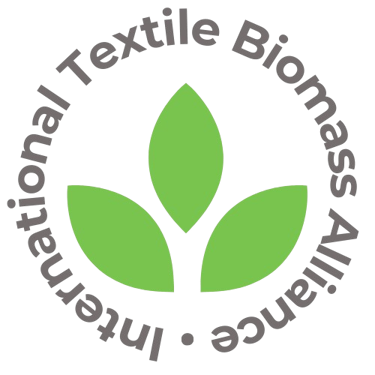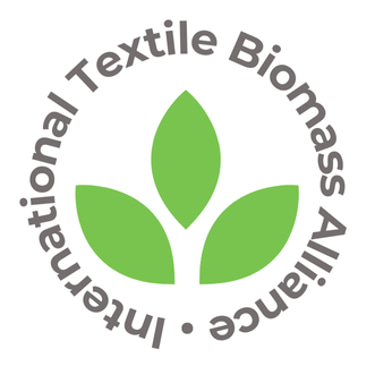Fiber Forever: Where Blockchain Technology Meets Circular Textile Economy
A Canadian startup proposes to revolutionize the fashion industry by attaching a "digital passport" to each textile fiber to track its reuse journey
5/26/20252 min read


Fiber Forever: Where Blockchain Technology Meets Circular Textile Economy
A Canadian startup proposes to revolutionize the fashion industry by attaching a "digital passport" to each textile fiber to track its reuse journey
The textile industry, the world's second most polluting sector after oil, is desperately seeking solutions to reduce its environmental impact. With 92 million tons of textile waste produced annually according to the Ellen MacArthur Foundation, the urgency is real. It is in this context that the "Fiber Forever" concept emerges, an approach that radically rethinks the relationship between consumer and garment.
Fiber as Eternal Raw Material
The principle seems simple on paper: instead of throwing away a worn or outdated garment, the consumer returns it to the manufacturer who recovers the fiber to create a new product. The originality lies in digital tracking: each fiber is equipped with a washable chip connected to a blockchain, giving it a unique serial number that follows it throughout its successive transformations.
"The idea is to decouple ephemeral fashion from material sustainability," explains a circular economy expert. "Your jeans can become a jacket, then a bag, while keeping the same digital identity."
Beyond Textiles: Insulation and Other Applications
But applications are not limited to ready-to-wear. Recovered fibers can have a second life in unexpected sectors, particularly thermal insulation for buildings. This diversification of uses multiplies reuse possibilities and could considerably extend the lifecycle of textile raw materials.
Cotton, wool, or synthetic fiber waste can be transformed into high-performance insulation panels, offering an ecological alternative to traditional materials often derived from fossil resources. This approach addresses two environmental challenges: reducing textile waste and the growing demand for sustainable insulation materials in the construction sector.
Technological and Economic Challenges
Despite its appealing potential, the concept raises several questions. First, the technical issue: how can we guarantee that chips withstand multiple washing cycles, chemical treatments, and recycling processes? Current RFID and NFC technologies, although advanced, have not yet proven themselves under such extreme conditions.
Then, the economic aspect: the cost of this blockchain traceability and these chips could considerably increase the final price of the garment. "For this model to work, the additional cost must be offset by the value perceived by the consumer," notes a textile sector analyst.
A Model That Questions Consumption
This approach also questions our consumption habits. Are we ready to rethink our relationship with clothing? The success of this model will largely depend on consumer acceptance of this circularity logic, which requires a profound change in mindset.
Some see it as an opportunity to create a stronger emotional bond with their clothes, others wonder about the complexity of the process for the average consumer. "It will have to be as simple as returning a deposit bottle," emphasizes a consumer behavior expert.
The Future of Sustainable Fashion?
While the Fiber Forever concept is still only in the project stage, it perfectly illustrates the necessary transformations in the textile industry. Between technological innovation and circular economy, this approach could foreshadow the future of more responsible fashion.
It remains to be seen whether this vision can move beyond the concept stage to become an industrial reality. The coming months will be crucial for evaluating the technical and economic feasibility of this model which, if successful, could permanently transform our relationship with textiles.
The textile industry will watch this experimentation closely, as it could well redefine the codes of sustainable fashion.
ITBA - AIBT
If you have any questions, please do not hesitate to contact us.
FOLLOW US
Ressources
contact@itba-aibt.org
© 2025. All rights reserved.
Help




